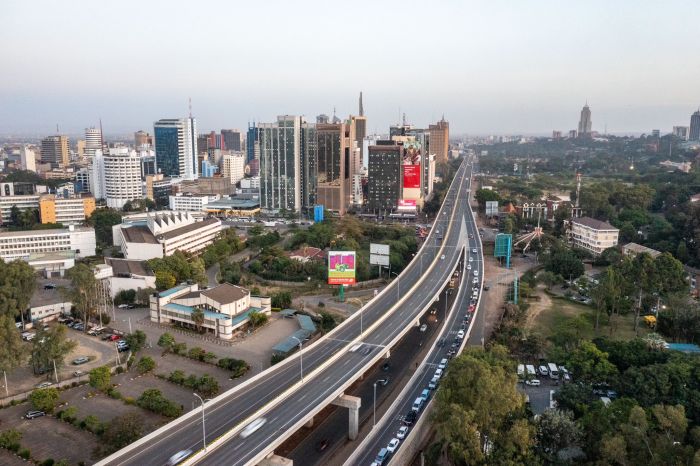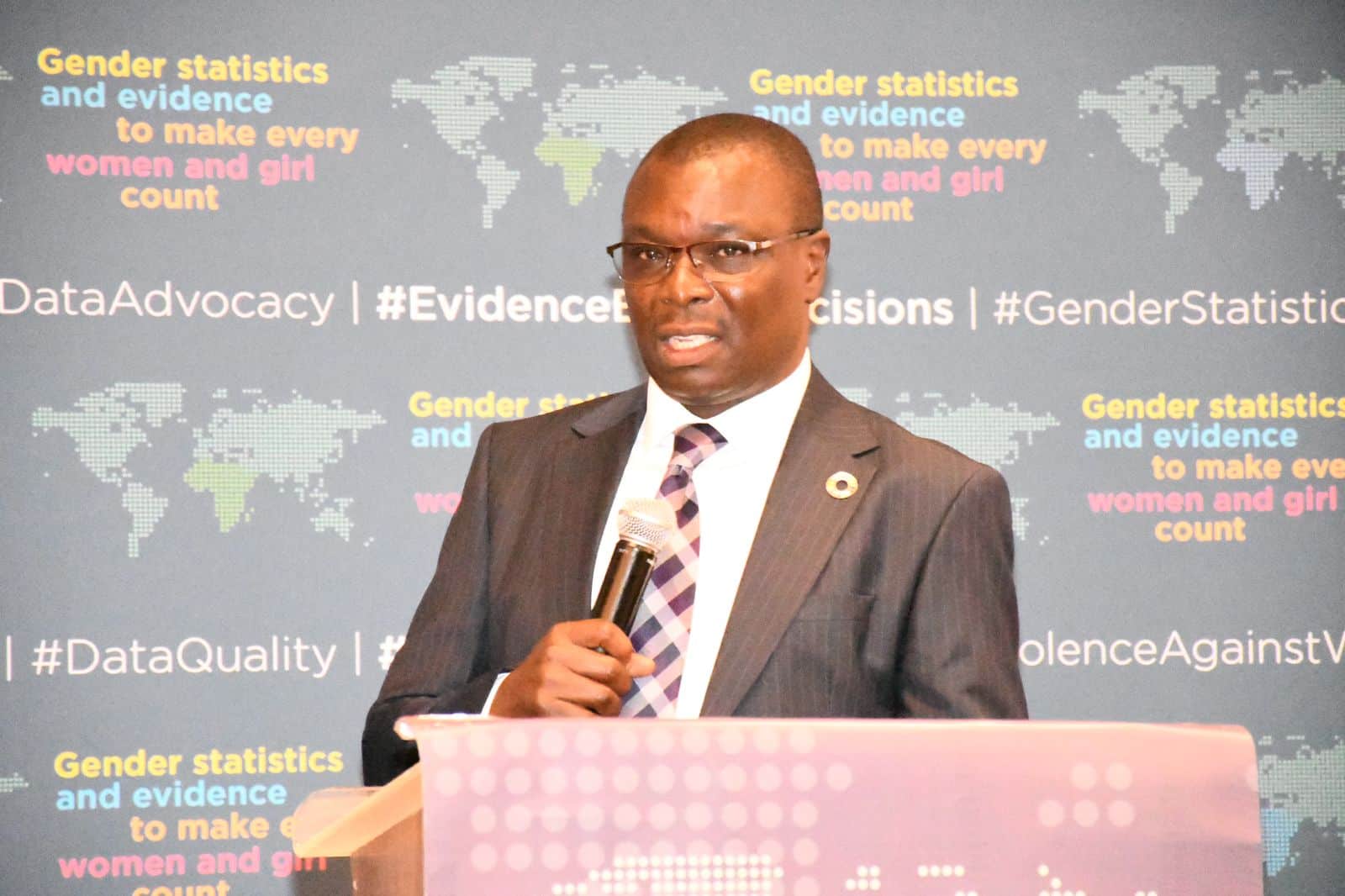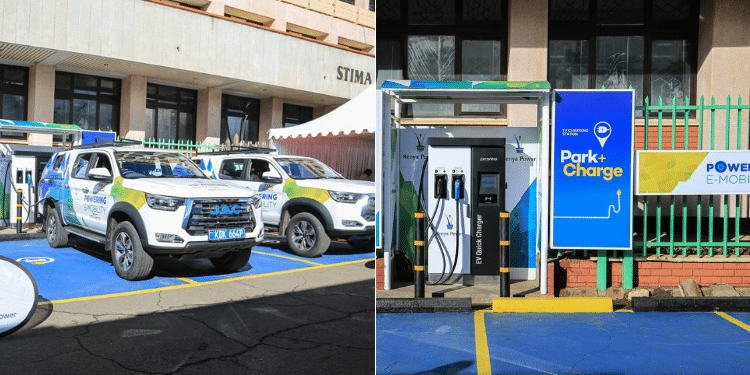Kenya is taking significant steps in promoting the adoption of electric vehicles (EVs) by focusing on reducing their costs and enhancing financing options for consumers.
Head of the Secretariat of the National Electric Mobility Taskforce, Eng Michael Muchiri, while addressing the press on Wednesday, September 18, stated that reducing the capital cost of EVs and enhancing financing options will empower consumers to prioritize utility over price.
Muchiri said the government from 2018 has given some fiscal space by a way of reducing certain import taxes, excise duty taxes and this has led increased adoption of e-mobility.
He mentioned that there are more than 1,000 electrical motorcycles in the country and that by December 2023 the country had more than 4,500 electrical units.

Kenya Has More than 5000 Electric Vehicles
Muchiri also revealed that the number of EVs in the country has grown to 5,000 electric mobility vehicles and motorcycles in the country, adding that the policy will be in place by the end of the year.
He added that political goodwill is crucial in promoting e-mobility, as demonstrated by Ethiopia’s bold decision to ban certain fossil fuel vehicle imports, despite opposition from diplomats.
“This policy shift, while disruptive, shows that firm government action can lead to long-term benefits,” Muchiri said.
“However, what the E policy looks at is not the Ethiopia’s policy of outright ban on certain fossil fuel vehicles, but the Kenyan policy is speaking on progressive banning of these vehicles as we increase the uptake of electric vehicles.”
Also Read: Documents Show Adani Plan to Take Over Electricity Transmission Project in Kenya
He also explained that Africa can lead in e-mobility and create job opportunities for youth while promoting environmental sustainability by improving local manufacturing capacity and implementing data-driven policies.
Challenges Facing E-mobility
At the same time Director of Renewable Energy, at the Energy Ministry, Stephen Nzioka, termed infrastructure as a significant challenge in the adoption of e-mobility.
He highlighted that inadequate charging centers and the high capital costs associated with establishing this infrastructure hinder progress.
“Infrastructure is a huge challenge in the adoption of e-mobility. Because there is inadequate charging infrastructure and the capital cost of setting up charging infrastructure is very high,” Nzioka said
“Public – Private funding can bear the lower set ups costs of EV charging infrastructure due to subsidies and provide high accessibility for a variety of EVs.”
Kenya Power Setting up Charging Stations
The Kenya Power Company and Lightning (KPLC) is part of the multi-stakeholder team involved in erection of infrastructure needed in facilitating electric mobility in Kenya. In April 2024, the utility company unveiled a charging station at Stima Plaza, Nairobi.
The station was equipped with two chargers, a 50 kW DC fast charger with a one-hour charge time; and a 22 kW AC charger with a two-hour charge time.
Also Read: Kenya Power on Spot Over Power Purchase Deals as Electricity Prices Continue to Soar
EV owners can access the charging stations for free by obtaining an RFID card from Kenya Power security desks.
This became the company’s second EV charging station after their earlier installation at the Ruaraka Depot station catering to their internal transport section that will eventually include a fleet of electric vehicles.
“The two electric vehicle (EV) chargers, one at Stima Plaza and the other at Ruaraka, will be open for free use by members of the public who own EVs, primarily to assist the Company in its research and development,” KPLC said in April this year.
“An RFID card for charging will be required, which can be obtained at the Kenya Power security desk at Stima Plaza and Ruaraka.”
New Electricity Tariffs
Kenya Power has also implemented the e-mobility tariff approved by the Energy and Petroleum Regulatory Authority (EPRA) to offer significant cost savings to EV owners.
EPRA approved special tariffs for the e-mobility sector which were set at Ksh 16 up to 15,000 kWh during peak periods and Ksh 8 per kWh during off-peak periods.
This is lower than the general domestic tariff, which is Ksh20.97 per kWh for consumption above 100 kWh, and the small commercial tariff, which has been set at Ksh20.18 per kWh for consumption above 100 kWh.
The draft national e-mobility policy for 2024 seeks to promote local manufacturing and assembly of Electric Vehicles and develop e-mobility infrastructural and technical capacity, among others.
Follow our WhatsApp Channel for real-time news updates
https://whatsapp.com/channel/0029VaB3k54HltYFiQ1f2i2C











































































